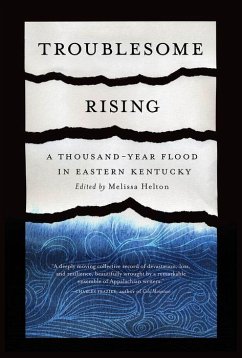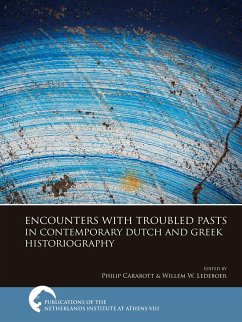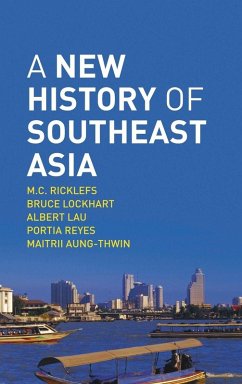
Continued Violence and Troublesome Pasts
Post-war Europe between the Victors after the Second World War
Versandkostenfrei!
Versandfertig in 1-2 Wochen
29,99 €
inkl. MwSt.

PAYBACK Punkte
15 °P sammeln!
In most European countries, the horrific legacy of 1939-1945 has made it difficult to remember the war with much glory. Despite the Anglo-American memory narrative of saving democracy from totalitarianism and the Soviet epic of the Great Patriotic War, the fundamental experience of war for many Europeans was that of immense personal losses and often meaningless hardships. The volume at hand focuses on these histories between the victors: on the cases of Hungary, Estonia, Poland, Austria, Finland, and Germany and on the respective, often gendered experiences of defeat. The chapters underline th...
In most European countries, the horrific legacy of 1939-1945 has made it difficult to remember the war with much glory. Despite the Anglo-American memory narrative of saving democracy from totalitarianism and the Soviet epic of the Great Patriotic War, the fundamental experience of war for many Europeans was that of immense personal losses and often meaningless hardships. The volume at hand focuses on these histories between the victors: on the cases of Hungary, Estonia, Poland, Austria, Finland, and Germany and on the respective, often gendered experiences of defeat. The chapters underline the asynchronous transition to peace in individual experiences, when compared to the smoother timelines of national and international historiographies. Instead of a linear chronology, both personal and collective histories tend to return back to the moments of violence and loss, thus forming continuous cycles of remembrance and forgetting. Several of the contributors also pay attention to the constructed and contested nature of national histories in these cycles. The role of these "in-between" countries - and even more their peoples', multifaceted experiences - adds to the widening comparative European history of the aftermath, thereby challenging the conventional dichotomies and periodisations in national historiographies. In the aftermath of the 70th anniversary of 1945, it is still, unfortunately, too early to regard the post-war period as mere history; the memory politics and rhetoric of the Second World War and its aftermath are still being used and abused to serve contemporary power politics in Europe.












